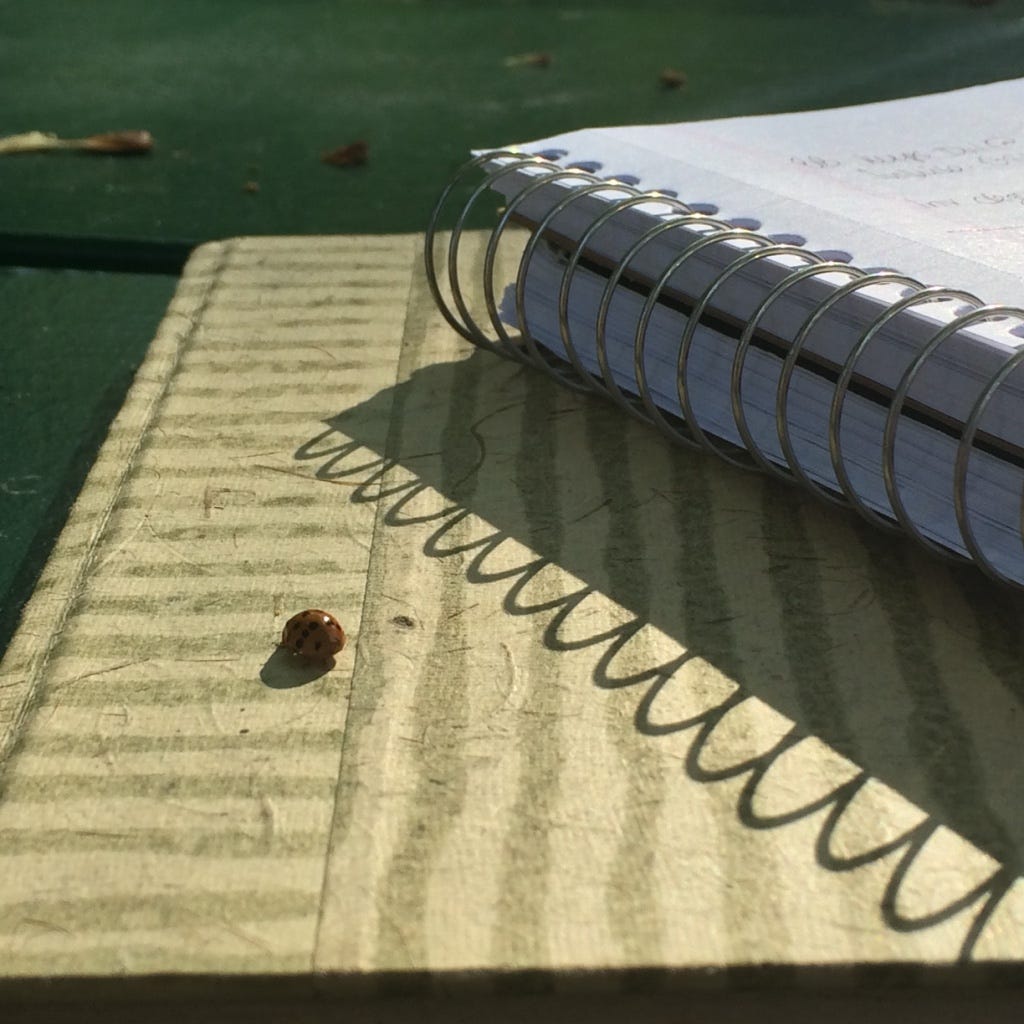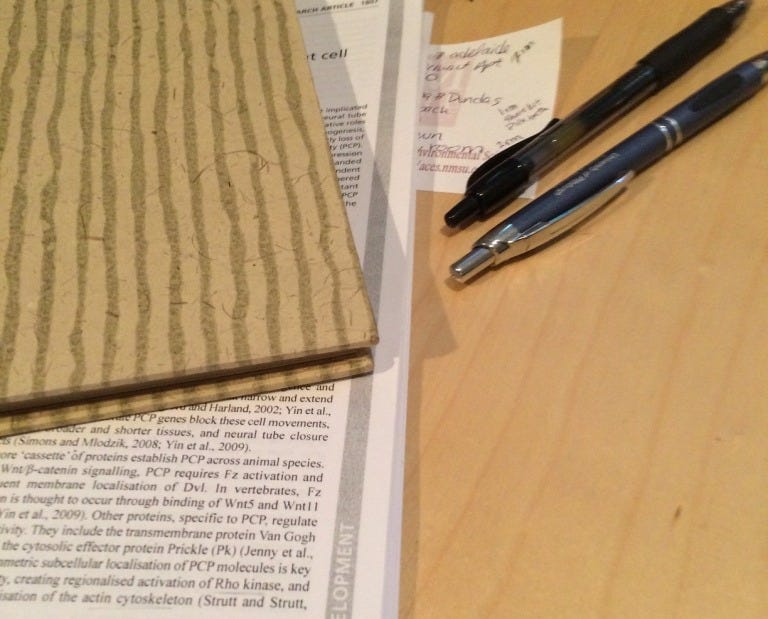Learning How to Learn
Some musings on why harnessing this skill can help you stand out
Don’t forget to submit your feedback to help guide me on what you’d like to see in the newsletter and what’s beneficial to your own professional pivot: https://forms.gle/LzuNWeMndG9A48jo9
I was on a career panel recently and I shared that the most important skill I received from my PhD was “learning how to learn”. For those who have spent extensive time as a student, learning is part of your everyday life, but you don’t realize how unique being in a learning environment is until you leave it. Once you do leave, you may realize that despite being enmeshed in learning, you actually didn’t think much about how you learn.
“Learning how to learn” isn’t always explicitly taught. Not to say you aren’t learning while in school, but you’re being taught about certain subjects. You aren’t (usually) being taught how to learn the information. That’s for you to (hopefully) figure out on your own. Grad school can be a place to learn how to learn, but so can other career experiences. In either case being aware of this as a skill can set you apart, especially when pivoting or starting a new career.
Comfortable with Being Uncomfortable
It wasn’t until I finished my PhD and moved into the working world (and into a job I had no experience with) that I realized how critical my skill of learning how to learn was in starting a new job, and how rare it was. While others struggled with the uncertainty of not knowing how to do something, I felt - maybe not comfortable - but definitely familiar in that space. It’s not comfortable being in situations where you have to learn everything from scratch, but the ability to live in that space while you learn something and be aware of the learning process is a rare and valuable skill.
You’re constantly being confronted with unknowns and as a PhD student it is your job to conquer those unknowns. I got good at telling myself that I had the ability to find the information, to test out that information, and to learn the new techniques or concepts. Repeating this over and over, I got good at learning how to learn new information.
The work I was doing as a recruiter was challenging in a lot of ways, but it didn’t feel as confounding as planning complex, 3 month long experiments with numerous different transgenic fish (as a generic example…). I was able to take that learning mindset and apply it to a recruiting challenge or a new task. I wasn’t confident I knew the answers, but I was confident that I could figure them out.
Establishing a Learning Framework
In my current role, there wasn’t a structured onboarding in place, I just jumped in and created my own orientation. I’ve talked about thriving in a new environment before, and many of these tactics stem from my own characterization of how I learn something new.
Learning new knowledge is often nuanced and personal. Likely you already have methods for learning new information, even if you haven’t thought much about them. Now it’s just about bringing awareness to those methods so you can apply them more strategically and easily. Learning to learn requires stepping back from the details of actually gaining knowledge, and understanding how you can find, synthesize and retain that knowledge.
A few, general strategies I’ve found useful:
Foster a growth mindset to develop the confidence that you can tackle the unknown
Breakdown the unknowns into granular details
For each unknown, list the possible places you could find the answers and what you already know
Make note of everything so you can reference your process and gained knowledge when you’re in a similar situation, this will help solidify the information
Keep learning and being cognizant of how you’re obtaining new information, notice patterns that work for you
Having the skill of understanding how you learn is particularly important when you’re new to a role or switching fields. There will be so much you don’t know and of course over time you’ll learn what you need to. If you can harness learning strategies and apply them, you’ll learn more quickly and confidently.
I am constantly using skills and experiences from my time obtaining a PhD, even though I don’t use my specific scientific training anymore. “Learning how to learn” is one of these invaluable skills. But whether you’ve been in grad school or not, it’s a skill you can also master by being reflective of your own learning process.
Tips from a Local
Hidden Gems
Thoughtful take on productivity and our cultural relationship with work
I’m obsessed with Home Cooking Podcast. Lots of good puns and jokes, plus some cooking advice is dispensed too.
Culture Study bringing me up to date on past cultural moments as usual and giving me new things to think about
I finished On Muscle by Bonnie Tsui and have a new appreciation for muscles. Part memoir, part science journalism, it’s both moving and educational.






